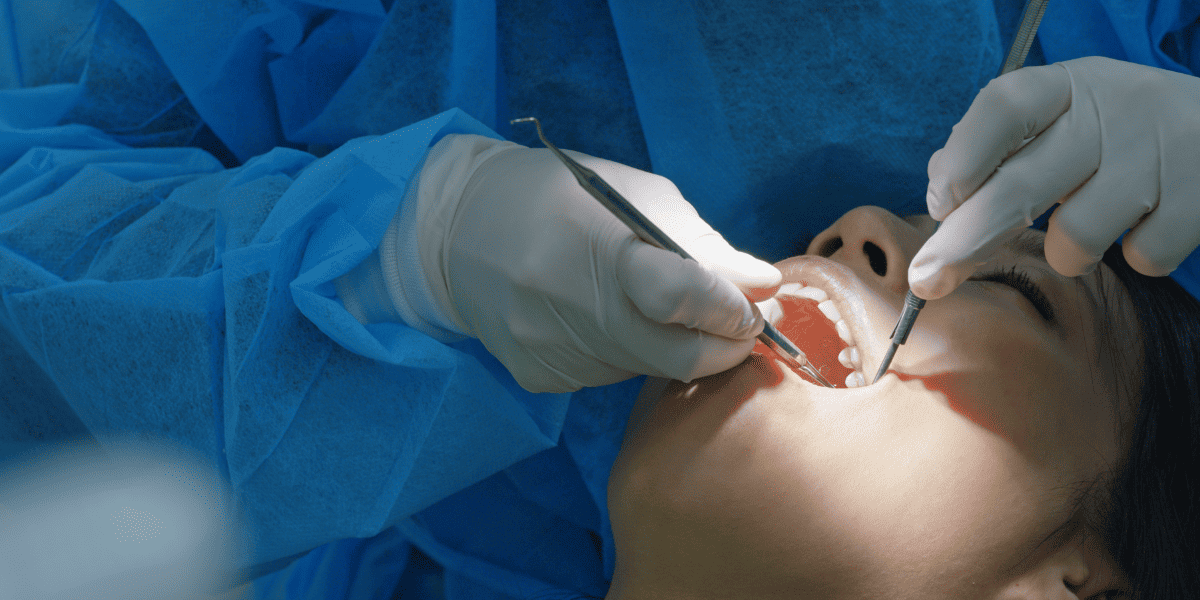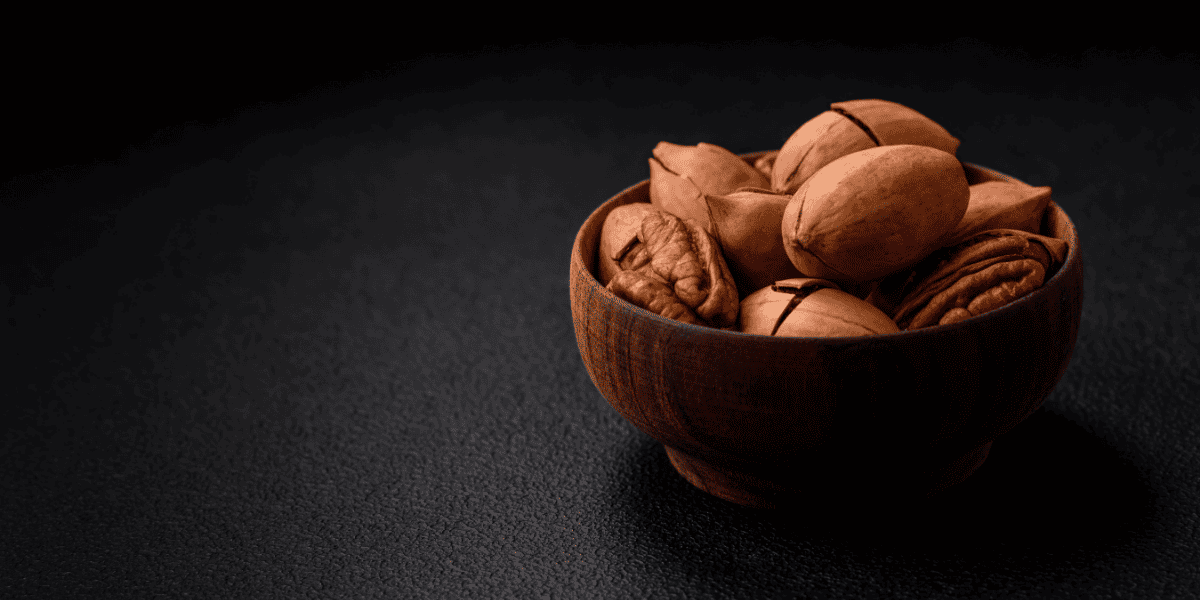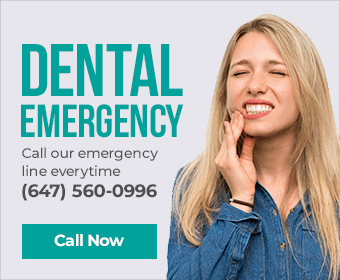
5 Major Things To Avoid After Tooth Extraction Surgery
A tooth extraction can sometimes become necessary due to conditions such as severe tooth decay, gum disease, or even to make room for orthodontic treatment. While the procedure is routine and typically straightforward, proper aftercare is crucial to ensure a smooth recovery and avoid complications.
5 key things to avoid after a tooth extraction procedure
Below are five major pitfalls to avoid following a tooth extraction procedure.
1. Avoid strenuous physical activities
Physical exercise is typically beneficial. However, after a tooth extraction, it’s best to take a break. Vigorous activities can lead to increased blood flow to your mouth, which may disrupt the formation of a blood clot–a critical part of the healing process. To prevent this, avoid strenuous exercises for at least 24 hours after your extraction.
2. Don’t disturb the extraction site
It’s crucial to avoid disturbing the extraction site to allow it to heal properly. Here’s what not to do:
- Don’t poke with your tongue: It’s natural to be curious about the empty space, but using your tongue to poke it can disrupt healing.
- Don’t touch with fingers or objects: Similarly, avoid touching the site with fingers or any objects to prevent infection.
- Don’t rinse vigorously: Gentle rinsing with warm saline solution can help clean the extraction site, but vigorous or excessive rinsing within the first 24 hours can dislodge the healing blood clot.
3. Don’t smoke or use tobacco
Tobacco can significantly interfere with your healing process post-extraction. Smoking or vaping can create a vacuum in your mouth that can dislodge the blood clot and lead to a painful condition known as a dry socket. Additionally, chemical substances in tobacco can reduce your body’s ability to fight infection and delay healing. Aim to avoid smoking or any tobacco use for at least 72 hours after an extraction–the longer, the better.
4. Avoid certain foods and beverages
Your mouth will be sensitive after an extraction, so it’s important to be mindful of what you eat and drink:
- Avoid hard, crunchy, or chewy foods: These can irritate the extraction site. Instead, opt for soft foods like yogurt, mashed potatoes, or soup.

- Avoid hot foods and drinks: Your mouth may be numb after the procedure, making it easy to burn yourself without realizing it.
- Don’t use a straw: Similar to smoking, using a straw can create a suction that dislodges the blood clot.
5. Don’t neglect oral hygiene
Keeping your mouth clean is critical for preventing infections post-extraction. However, your usual oral hygiene routine may need slight adjustments:
Don’t skip cleaning your mouth: Continue brushing your teeth twice a day, but be gentle around the extraction site.
Don’t use mouthwash with alcohol: Alcohol can irritate the extraction site. Opt for a saltwater rinse instead, starting 24 hours post-extraction.
Why post-op care is important
Taking care of your mouth after a tooth extraction is crucial for a smooth and speedy recovery. The postoperative period is a critical time when proper care can prevent complications and promote healing. It is important to follow the instructions your dentist or oral surgeon provides. This may include avoiding strenuous activities, refraining from smoking or using a straw and maintaining good oral hygiene.
Additionally, it is essential to adhere to any prescribed medications and attend follow-up appointments to monitor your progress. By diligently following post-operative care instructions, you can help minimize discomfort, reduce the risk of infection, and ensure the best possible outcome after your tooth extraction surgery.
Importance of rest and recovery
After undergoing a tooth extraction in Thornhill, it is crucial to prioritize rest and allow your body to properly recover. Rest is essential for healing and minimizing any potential complications post-surgery. By giving your body the time it needs to heal, you can ensure a smoother recovery process. Another thing to avoid after tooth extraction is getting in strenuous activities or exercises that may put unnecessary strain on the extraction site.
Instead, take this opportunity to relax and focus on your well-being. Adequate rest will not only promote healing but also reduce the risk of infection and other complications. Remember, proper rest and recovery are key to ensuring a successful post-tooth extraction experience.
Signs you should call your dentist
While recovering from a tooth extraction surgery, it is important to closely monitor your healing process and be aware of any signs that may indicate a need to contact your dentist. It is normal to experience some discomfort, swelling, and mild bleeding immediately after the procedure. However, if these symptoms worsen or persist beyond the initial healing period, it may be a sign of complications such as infection or dry socket.

Additionally, if you notice severe discomfort, difficulty opening your mouth, excessive bleeding, or a foul odour or taste in the surgical area, it is crucial to reach out to your dentist promptly for further evaluation and appropriate treatment. Your dentist is the best resource to determine if any issues arise during your recovery. They can also provide the necessary guidance and care to ensure a smooth healing process.
Takeaway
A tooth extraction can seem like a daunting experience, but with proper aftercare, recovery can be relatively smooth and uncomplicated. Adhering to the above recommendations is key to promoting healing and preventing complications.
Remember, everyone’s healing process is different, and this advice is meant to be a general guide. Always follow the specific post-operative instructions your dentist or oral surgeon provides. If you experience prolonged discomfort, swelling, bleeding, or signs of infection, book an appointment at World Dental immediately. With patience, care, and rest, you’ll be back to your regular routine in no time.
A New Dental Experience Awaits You.
Book An Appointment Now!
Call (647) 560-0996
to Book an Appointment
or Fill Out the Form Below



